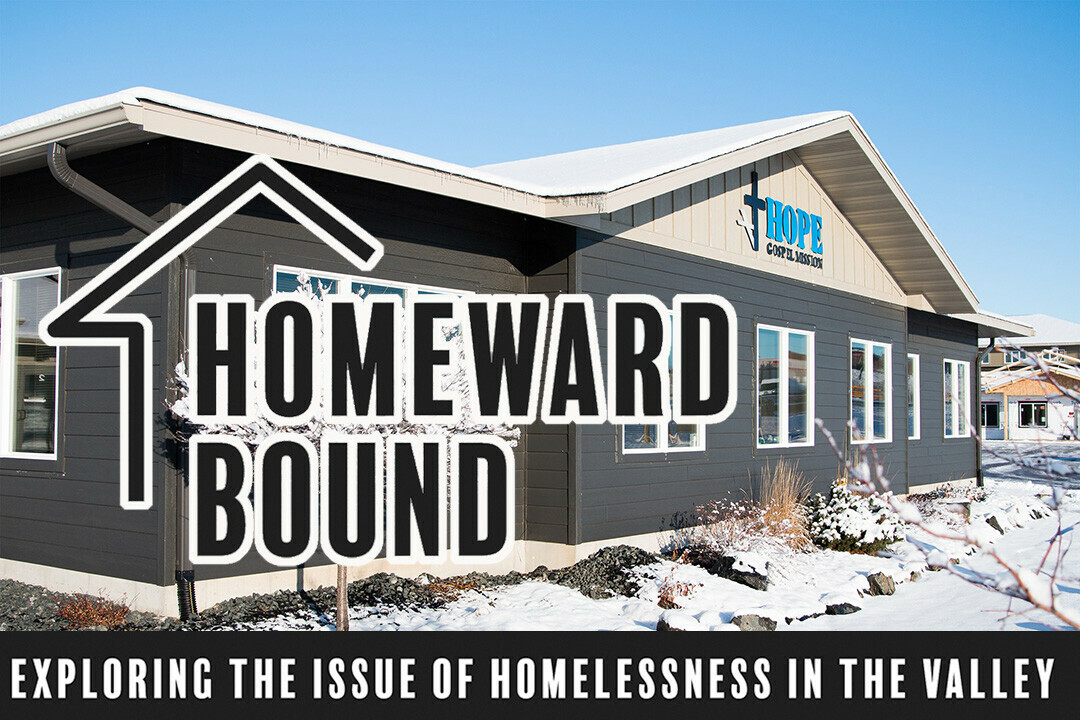COLUMN: Addressing the Cycle of Chronic Homelessness Requires Collaboration
‘Giving a hand up instead of a handout restores dignity and shows respect,’ Hope Gospel Mission program director says

Homelessness affects almost every person in our community. Some of us will experience it, know someone who has experienced it, or will encounter people who are experiencing homelessness. As a community, we all have a responsibility to help our friends, family, and neighbors who are struggling.
In addition to financial struggles, inflation, and deficiencies in affordable housing, addiction and mental health struggles are very present barriers for people experiencing homelessness in our area. While we understand the causes, we can also look at the solutions. While it is necessary to provide the basic necessities, the solution is to not only provide food, clothing and shelter, but to help people get back on their feet. To do this, they need to experience healthy relationships, feel accepted and loved, feel safe, be offered opportunities to develop themselves and reach their goals, have access to stable employment, rediscover hope for their future, and receive interventional services. They need to be reminded that they are worthy and cared for, and we have not given up on them. They need to know that we see them and that we care about them. Giving a hand up instead of a handout restores dignity and shows respect.
A day resource center would provide a collaborative, inclusive environment where different service agencies could draw together on-site where the people who need assistance are already congregating in a safe space.
When someone is trapped in a cycle of chronic homelessness, the barriers can become so overwhelming that their future is no longer their priority; instead, it’s meeting their immediate survival needs. Being intentional about providing interventional assistance with reduced barriers is an important piece of the solution. Increased use of the services available will have a reducing impact on the issue.
Eau Claire and the surrounding area is filled with very compassionate people and the services available are abundant for those in need. One thing we can do better is work more efficiently at bringing these services together and coordinating and collaborating for the benefit of the person asking for assistance. The project to create a day resource center being molded by local agencies such as Hope Gospel Mission, Western Dairyland EOC, and Community Haven House is focused on doing that. A day resource center would provide a collaborative, inclusive environment where different service agencies could draw together on-site where the people who need assistance are already congregating in a safe space. This will allow those agencies to connect with those who have a need and help them efficiently move forward toward their wellness.
While we can probably never completely resolve the issue of homelessness, we can make an effort together to help as many people as we can establish themselves in safe, stable, and satisfying futures where one by one they have overcome.
Chris Hedlund is program director at Hope Gospel Mission in Eau Claire, which provides homeless and addiction recovery programs. This is column is part of a series of addressing the issue of homelessness in the Chippewa Valley. If you have professional or personal experience with homelessness and would like to submit a column to be considered as part of this series, please email editorial@volumeone.org.






















